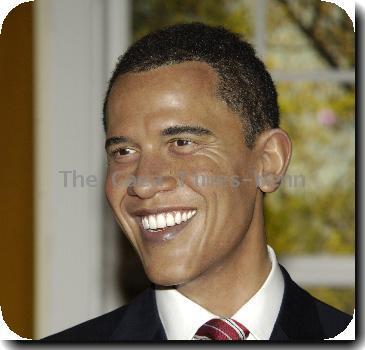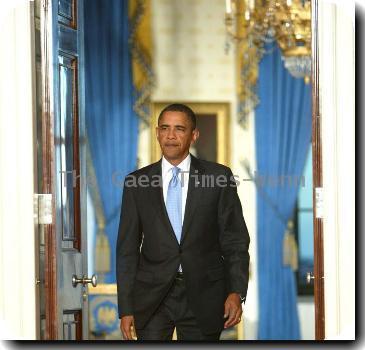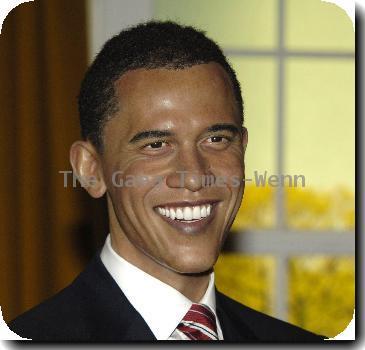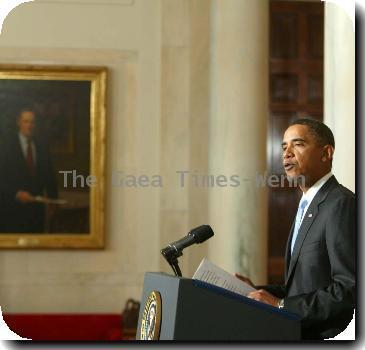SKorean foreign minister says it’s ‘obvious’ North Korea behind deadly sinking of naval ship
By Lolita C. Baldor, APWednesday, May 19, 2010
SKorea’s top diplomat: ‘Obvious’ NKorea sank ship
SEOUL, South Korea — North Korea is clearly responsible for the sinking of a South Korean navy ship and there is sufficient evidence to take the issue to the United Nations, South Korea’s top diplomat said Wednesday.
Foreign Minister Yu Myung-hwan’s comments came a day before the release of a much-anticipated report on the incident and are the first by a South Korean official clearly saying North Korea was behind it.
Speculation has steadily increased that a North Korean torpedo brought down the 1,200-ton Cheonan on March 26 in the Yellow Sea near the two countries’ disputed western sea border. A total of 46 sailors from the 104-man crew died.
The government launched a joint military-civilian probe with help from foreign countries including the United States. It has determined that a “strong underwater explosion generated by the detonation of a torpedo” caused the ship to split apart and sink, Yu said in a speech to Seoul-based European business executives.
Asked later by reporters if North Korea sank the Cheonan, Yu replied, “I think it’s obvious.” He added that “we have enough evidence” to take the sinking to the U.N. Security Council. Yu declined to provide details ahead of the release of the report.
Impoverished yet nuclear-armed North Korea has denied involvement in the sinking, one of South Korea’s worst naval disasters. Vice parliamentary speaker Yang Hyong Sop criticized Seoul earlier this week for “unreasonably” linking his country to the incident, according to the North’s state radio station.
The report’s release is likely to further increase tensions on the divided Korean peninsula, where the 1950-53 Korean War ended in a truce, rather than a peace treaty. The land border is the world’s most heavily armed and the western sea border has been the site of several deadly naval clashes since 1999.
Any reaction from North Korea, however, may take days or even weeks to emerge. The country usually speaks to the world through its state media.
South Korean media have reported that President Lee Myung-bak plans to give a speech on the sinking in a few days. U.S. Secretary of State Hillary Rodham Clinton is due in Seoul next week for talks during an Asian tour. And North Korea announced Tuesday that it plans to convene a rare second session of its rubber-stamp parliament in early June.
Lee has vowed stern action against those responsible for the disaster. He has discussed the matter by phone this week with President Barack Obama and Japanese Prime Minister Yukio Hatoyama.
Yu, the foreign minister, called Wednesday for “firm” action and pushed for support from the international community during his speech. He did not give specifics.
Options could include a request to the U.N. Security Council for tougher sanctions against the North, or for Washington to put North Korea back on its terrorism blacklist.
Investigators have collected evidence pointing to North Korea’s involvement, South Korean media said.
Fragments of a torpedo propeller found near the disaster site are similar to parts from a North Korean torpedo that South Korea obtained seven years ago, the Chosun Ilbo newspaper reported Wednesday, citing unidentified government officials.
A serial number on the torpedo propeller was written in a font typically used in North Korea, and traces of explosives found in the wreckage resemble those used in the North Korean torpedo retrieved in 2003, it said.
South Korea’s Defense Ministry said it could not confirm the reports.
In Washington, Assistant Secretary of State for East Asia Kurt Campbell said Wednesday he couldn’t talk about the report’s conclusions until it is released. “The United States has been deeply and actively involved in all aspects of the investigation, and the United States strongly supports its conclusions,” Campbell said.
He said a major reason for Clinton’s visit to Asia is to allow close consultations with her counterparts in South Korea, China and Japan about the sinking and to work on appropriate responses. In particular, he said, Clinton will be interested to learn from senior Chinese officials their assessments of developments in North Korea and their reaction to the report on the Cheonan.
“We are concerned by a number of steps that North Korea has taken that we consider to be provocative,” Campbell said.
Associated Press writers Lolita C. Baldor, Pauline Jelinek and Foster Klug in Washington and Jean H. Lee and Hyung-jin Kim in Seoul contributed to this report.
Tags: Accidents, Asia, Barack Obama, East Asia, International Incidents, Lee Myung-bak, North America, North Korea, Pyongyang, Sailing, Seoul, South Korea, Sports, Territorial Disputes, Transportation, United States, Yukio Hatoyama









